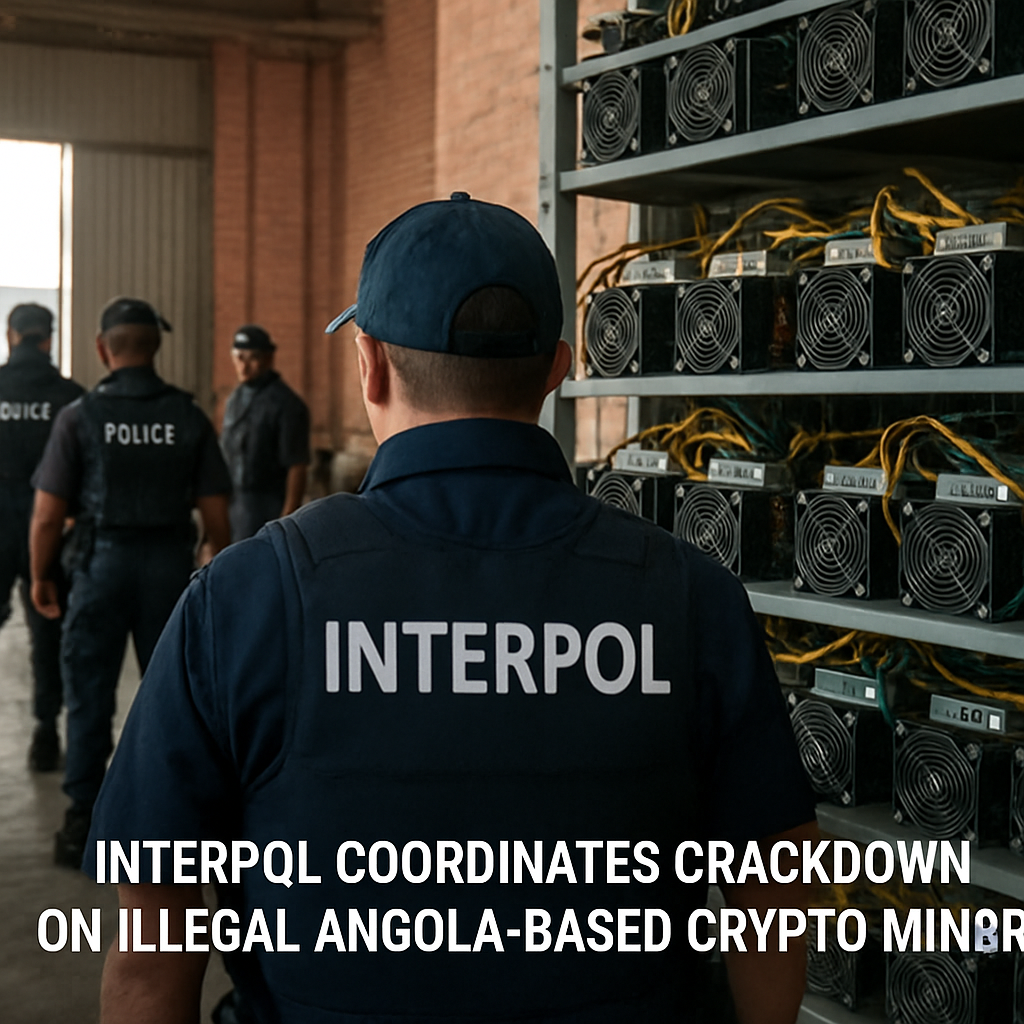A joint operation led by Interpol, in collaboration with Angolan law enforcement and electric utility regulators, disrupted several illicit cryptocurrency mining facilities across Luanda and surrounding provinces. Following a national ban on unauthorized mining imposed in April 2024, authorities executed simultaneous raids at seven locations where high-power rigs had been covertly installed within residential and industrial sites. Interpol officers, supported by local police and energy inspectors, confiscated over 4,500 ASIC miners and related components, and documented significant unauthorized power draws exceeding safe operational limits. Preliminary investigations reveal that the illicit operations siphoned electricity from municipal grids, contributing to blackouts and increased energy costs for local communities.
Operation Thunderbolt, the code name for the crackdown, utilized coordinated intelligence-sharing among multiple international policing bodies to track the procurement and shipment routes of mining hardware from overseas suppliers. Investigators uncovered that rack setups were hidden behind false walls and within unregulated warehouses to evade detection. Forensic analysis of seized equipment confirmed that mining activity had been ongoing for several months, generating estimated revenue of $12 million at 2025 price levels. Officials arrested five suspects on charges of energy theft, money laundering, and violating national regulations governing digital asset activities. Further legal action is anticipated against network facilitators who orchestrated the smuggling of miners through border checkpoints.
The operation underscores growing global concerns about the environmental and infrastructural impacts of unregulated cryptocurrency mining. Interpol Secretary General expressed commitment to assisting member states in enforcing local regulations, highlighting that illicit mining not only strains energy systems but also undermines legitimate financial and technological ecosystems. Angola’s energy minister announced plans to strengthen grid monitoring and impose stricter penalties for non-compliance, including fines and asset forfeiture. The crackdown serves as a cautionary precedent for other nations grappling with covert mining networks exploiting low electricity costs to maximize profit margins. Interpol advised governments to enhance collaboration with electric utilities, customs agencies, and financial regulators to identify and dismantle such operations proactively.
Future directives will focus on deploying specialized task forces equipped with advanced thermal imaging drones and smart-meter data analytics to detect anomalous power usage patterns. Training programs for law enforcement are being expanded to include digital forensics and blockchain analysis techniques. Interpol’s initiative forms part of a broader campaign to ensure that cryptocurrency activities adhere to national laws and contribute positively to economic development, rather than acting as a drain on public resources. As global cryptocurrency adoption accelerates, balancing innovation with regulatory compliance remains a critical challenge for policymakers and security agencies worldwide.

Comments (0)